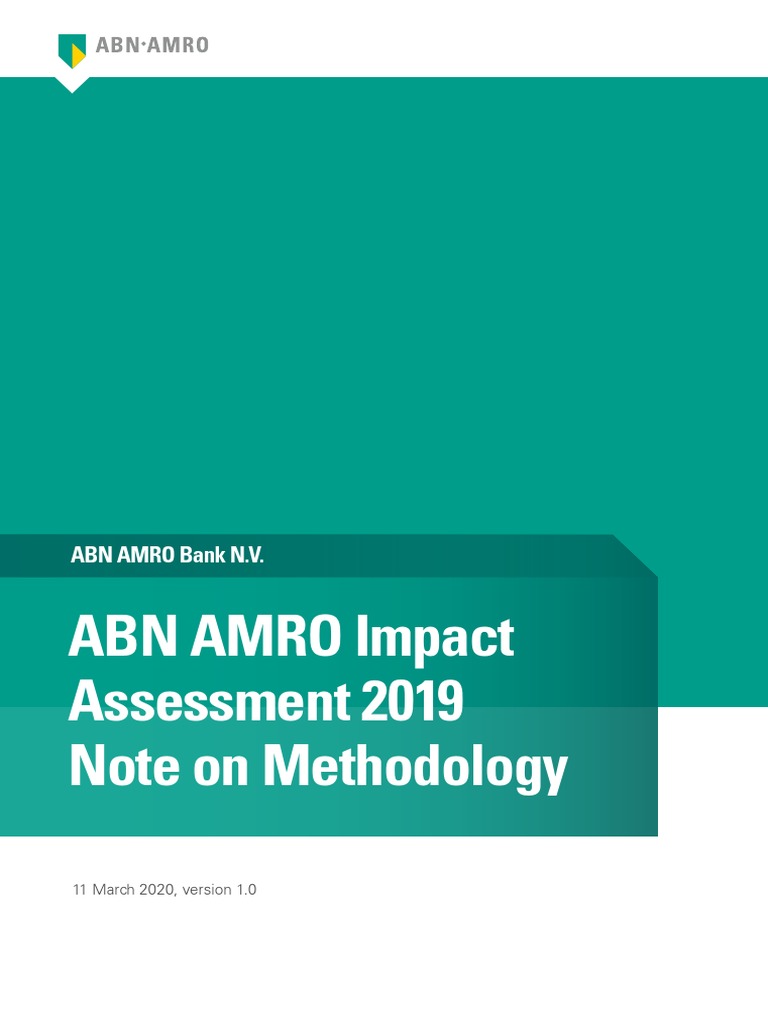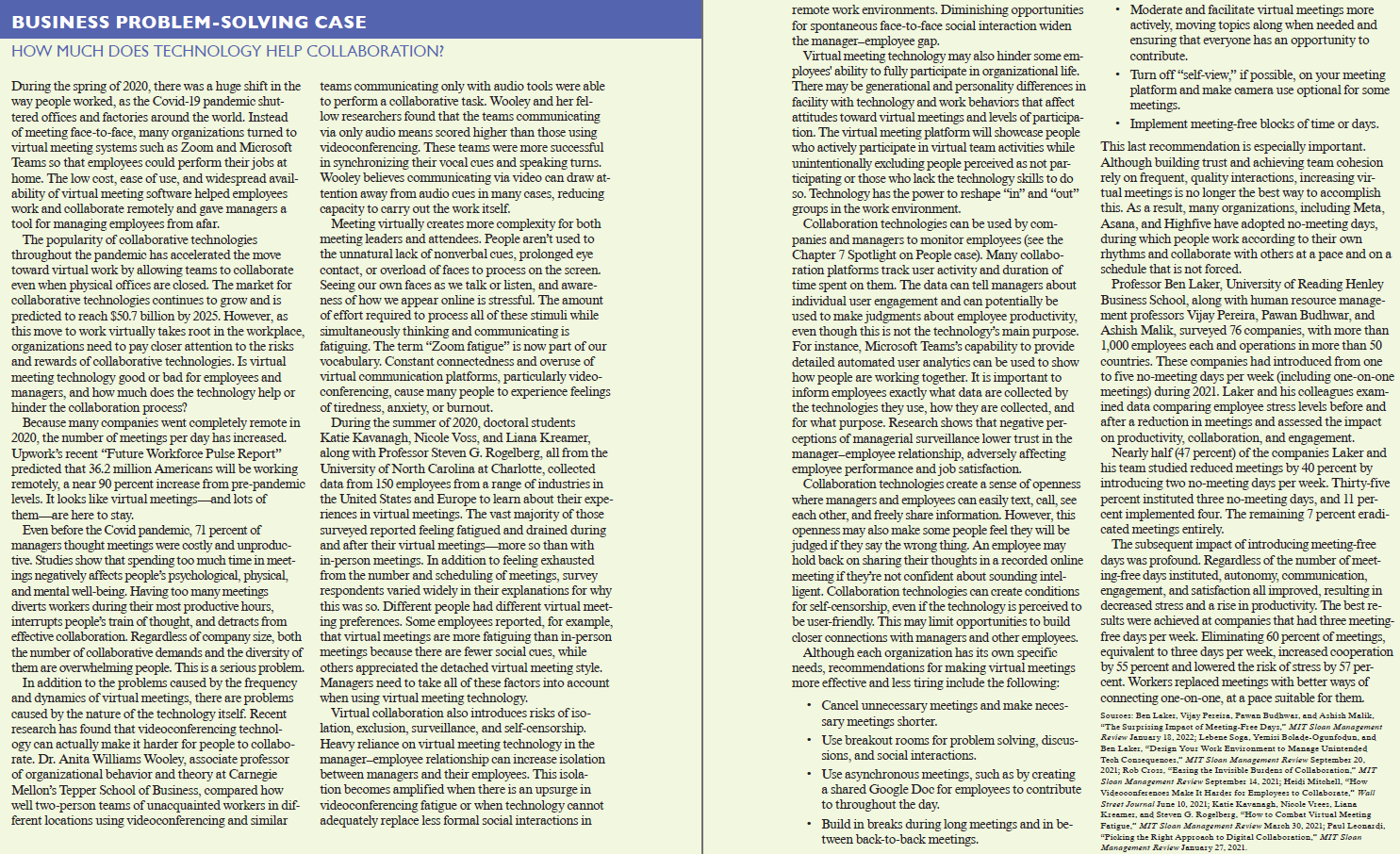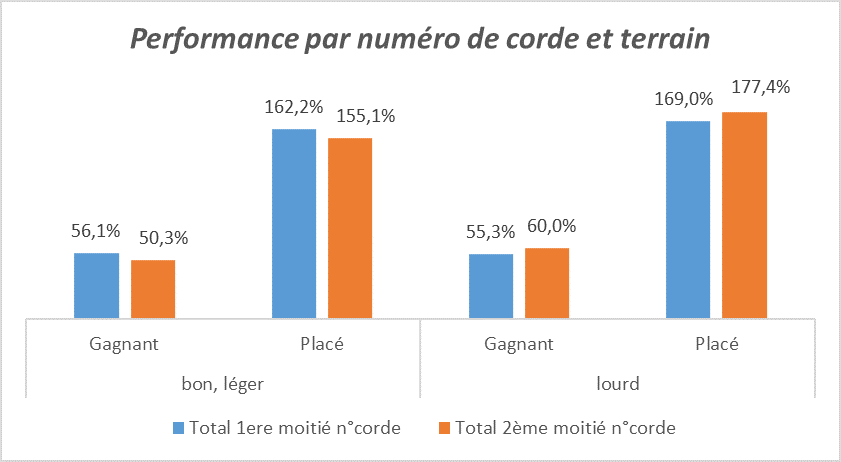Western Separation Debate: A Saskatchewan Political Panel Perspective

Table of Contents
Economic Considerations of Western Separation
The economic viability of a separated Saskatchewan is a central point in the Western Separation Debate. This section will explore both the potential upsides and the significant downsides.
Resource Control and Revenue
Saskatchewan possesses substantial natural resources – potash, oil, uranium – that fuel much of the argument for separation. Proponents argue that controlling these resources directly would significantly boost provincial prosperity.
- Increased provincial revenue from resource royalties: Currently, a portion of resource revenues flows to the federal government. Separation would allow Saskatchewan to retain a larger share.
- Potential for attracting foreign investment more effectively: An independent Saskatchewan could tailor its investment policies to attract foreign capital more aggressively, potentially accelerating economic growth.
- Reduced federal taxation and regulation: Separation proponents believe that reduced federal oversight would streamline resource extraction and processing, leading to increased efficiency and profitability.
Detail: Consider the current federal-provincial fiscal arrangement for resource revenues. Compare the current distribution with a hypothetical model under separation, illustrating potential revenue increases for Saskatchewan. This comparison should highlight the potential economic benefits proponents emphasize in the Western Separation Debate.
Economic Viability of an Independent Saskatchewan
Critics of separation raise serious concerns about the economic viability of an independent Saskatchewan. The transition and long-term sustainability are questioned.
- Potential for economic instability during the transition: Severing ties with the Canadian economy would likely lead to significant short-term economic disruption.
- The need to establish a new central bank and currency: Creating a new monetary system adds complexity and risk to the economic landscape.
- Challenges in attracting international investment: A newly independent Saskatchewan might face challenges in securing international credit and attracting foreign direct investment due to its smaller size and economic base.
Detail: Analyze existing economic models and projections assessing the long-term economic impact of Saskatchewan's separation. These models should help to contextualize the risks and uncertainties involved in the Western Separation Debate.
Social and Cultural Implications of a Western Separation
The Western Separation Debate extends beyond economics, impacting social structures and national identity.
National Identity and Unity
Separation could have profound consequences for Canada's national identity and unity.
- Potential for increased social division and polarization: The debate itself has already created significant social divisions, and separation could exacerbate these tensions.
- The impact on immigration policies and multiculturalism: An independent Saskatchewan would need to formulate its own immigration policies, potentially affecting the country's multicultural fabric.
- The future of interprovincial agreements and cooperation: Separation would necessitate renegotiating numerous interprovincial agreements, potentially disrupting existing collaborations and services.
Detail: Explore the potential ramifications for social programs like healthcare and education, examining how these services might be affected by a shift in governance. This should provide a clearer picture of the potential social consequences of the Western Separation Debate.
Provincial Identity and Self-Determination
Conversely, proponents argue that separation would allow Saskatchewan to better reflect its unique identity and exercise greater self-determination.
- Greater control over social policies and programs: Saskatchewan could tailor its social programs to better meet the specific needs and values of its population.
- The potential to align provincial policies with regional values: Separation could allow for policies more closely aligned with the preferences of Saskatchewan residents.
- Increased autonomy in decision-making processes: Independent decision-making could lead to a greater sense of control and ownership over the province's future.
Detail: Discuss specific examples of policies that could be adjusted to better reflect Saskatchewan's unique circumstances, emphasizing the potential for increased autonomy and self-governance within the context of the Western Separation Debate.
Political Ramifications of the Western Separation Debate
The political implications of the Western Separation Debate are substantial and far-reaching.
Constitutional Challenges
Separation would necessitate significant constitutional changes and negotiations.
- Negotiations with the federal government regarding asset division: Dividing federal assets and liabilities fairly between Saskatchewan and the remaining Canada would be a complex and potentially contentious process.
- The need for a constitutional amendment process: The Constitution Act, 1867, would need to be amended to legally recognize an independent Saskatchewan.
- Potential legal challenges and court cases: The separation process would likely involve numerous legal challenges and court cases.
Detail: Detail the complexities of amending the Constitution and the legal hurdles that would need to be overcome. Discuss the potential for lengthy legal battles and their impact on the timeline for separation.
International Relations and Foreign Policy
An independent Saskatchewan would need to establish its own foreign policy and international relations.
- Negotiating new trade agreements with other countries: Saskatchewan would need to negotiate new trade agreements to maintain access to international markets.
- Establishing diplomatic relations with other nations: An independent Saskatchewan would establish its own embassies and consulates.
- Potential implications for national security: A newly independent state's security considerations and international standing would be significantly altered.
Detail: Analyze the potential economic and political implications of these actions. Highlight the potential benefits and risks of an independent foreign policy in the context of the Western Separation Debate.
Conclusion
The Western Separation Debate is a complex issue with far-reaching consequences. This article, informed by a recent Saskatchewan political panel, explored the economic, social, and political aspects of this significant discussion. Weighing the potential benefits of greater provincial autonomy against the substantial risks of separation requires careful consideration of all factors. Further research and continued dialogue are essential to a thorough understanding of this important political issue. Continue engaging in the Western Separation Debate to ensure your voice contributes to a productive and informed national conversation.

Featured Posts
-
 Abn Amro Impact Van Groeiend Autobezit Op De Occasionmarkt
May 22, 2025
Abn Amro Impact Van Groeiend Autobezit Op De Occasionmarkt
May 22, 2025 -
 Googles Efforts To Enhance The Virtual Meeting Experience
May 22, 2025
Googles Efforts To Enhance The Virtual Meeting Experience
May 22, 2025 -
 La Croissance Du Secteur De La Corde A Nantes
May 22, 2025
La Croissance Du Secteur De La Corde A Nantes
May 22, 2025 -
 Real Madrid In Yeni Teknik Direktoerue Klopp Ve Diger Adaylar
May 22, 2025
Real Madrid In Yeni Teknik Direktoerue Klopp Ve Diger Adaylar
May 22, 2025 -
 Cassis Blackcurrant A Versatile Ingredient For Culinary Delights
May 22, 2025
Cassis Blackcurrant A Versatile Ingredient For Culinary Delights
May 22, 2025
